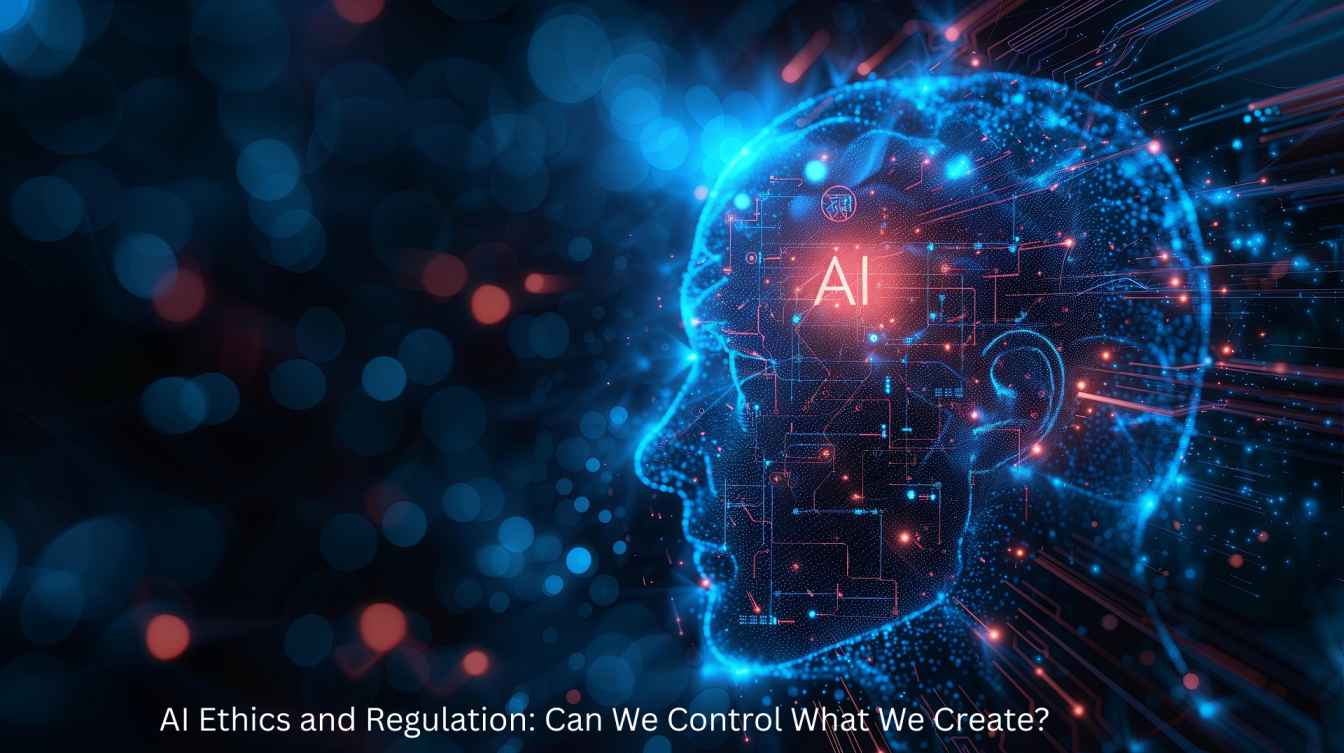Last updated on December 20th, 2025 at 06:31 am
Listen, I’ll be honest – I was not prepared to spend the past month researching ethical considerations related to artificial intelligence. But then ChatGPT offered me health advice that felt …irregular. It told me to go see a specialist over something relatively benign, but when I asked the same question again with the insurance card added in, all of a sudden it’s high-urgency.
That’s when it dawned on me: If an A.I. chatbot gives different treatment to people depending on their insurance status, what else, behind the scenes, might be going on?
So I fell down the rabbit hole. Here’s what I found.
Table of Contents
The Bias Problem Is Real (And Everywhere!)
First thing I learned? AI bias is not some future threat. it’s already happening. I’m speaking of health care algorithms that give Black patients lower risk scores than equally or less sick white patients. Why? “In our mind, that was just wrong,” said Landry, referring to the healthcare system’s reliance on healthcare spending for a health indicator and for historically spending less money on Black patients.
That’s not a glitch. That is a bias baked into the data.
It is worse in criminal justice. Racist algorithms lead to a higher wrongful conviction rate for people of color. Financially, credit scoring systems are less forgiving toward redlined communities trying to take out loans. The AI isn’t being intentionally racist – it is taking in a bias from our already biased world, and then automating that bias at scale.
Even gender bias keeps popping up. Female faces are also challenging for facial recognition. Certain jobs are associated with specific genders, language models think. I actually tested this one out myself, using some of these AI writing tools and you’re quite right: Whenever I asked about nurses, I got “she” pronouns. Doctors? “He” every time.
The Black Box Dilemma
Here’s something that bothered me: With most AI systems, you can’t explain why the system made a decision. They are what experts refer to as “black boxes.” Even the folks who built them can’t always tell you why AI chooses option A instead of option B.
That matters when you have a loan application denied, or are given enhanced treatment at the airport security line, or are turned down for a job. You’re entitled to know the reason, aren’t you? The AI, however, just gives a yes or no answer.
Then I found this wild one for 2022. The health insurance company Cigna put an A.I. to work, one that automatically rejected over 300,000 requests for payments. It took the A.I. 1.2 seconds to work on each case. Not even two seconds to decide whether somebody’s medical claim was legit. When people asked why, there wasn’t a solid answer just the algorithm’s verdict.
That is the transparency issue with ethical considerations in artificial intelligence. We’re allowing systems to make life-altering decisions without them having to explain their work.
Your Privacy Is the Training Data
The privacy stuff was honestly the thing that scared me most. AI systems require enormous amounts of data to function, and they don’t care whether that data is real or synthetic. Your social media posts, shopping history, location data, search history they are all fair game.
But what freaked me out was that A.I. can predict sensitive things about you from totally unrelated data. Your likes and clicks can disclose your political orientation, health conditions and even sexual preference. You didn’t agree to let everyone know that information, but artificial intelligence deduced it anyway.
There was that time in 2017 when fitness trackers accidentally revealed the locations of secret military bases because soldiers were working out while wearing them. That is the type of privacy risk we are facing data being exploited in ways nobody imagined.
Jobs Are Actually Disappearing
I had been trying to remain positive about the whole job-displacement thing, but the numbers don’t lie. From 2025, about 491 people lose their occupations to AI every day. That’s not a projection that’s already happening.
This year Microsoft has dumped 6,000 workers. IBM eliminated 8,000 positions. The World Economic Forum estimates that 41 percent of employers are set to cut jobs due to automation in the next five years.
The catch: While 170 million new jobs may arrive by 2030, the vast majority demand master’s and doctoral qualifications. So if you are a mid-level worker being displaced, best of luck trying to compete for those positions without returning to school for years.
The Environmental Price of a Disposable World
This one surprised me. Training one of the new big AI models which can have hundreds of billions or even trillions of hidden weights, or parameters drains nearly five times more carbon than a car over its entire lifetime, including the manufacturing process. Each time you use A.I. to produce another image, it consumes as much power as when you charge your phone fully.
AI-enabled data centers consumed 4% of United States electricity in 2023. That figure is expected to reach 7-12% in three years. We’re literally burning through resources to ask AI to write our emails and make cat pictures.
What’s Being Done About It
ALL THAT DARK RUBBISH So, no, it’s not 100 percent doom and gloom. People are working on solutions. In 2025, the EU adopted the AI Act leading to a comprehensive legal framework on ethical AI. Responsible AI teams at companies including Google and Microsoft are integrating fairness checks into their systems.
Scientists are working on “explainable AI,” which can tell you why it made a decision. Privacy-preserving technologies enable AI to learn from data in the wild without revealing personal information. Some institutions are even screening every AI system for bias before deploying it.
There are tools available to render ethical considerations in A.I. tractable. The question is whether companies will use them with profit margins at stake.
What I’m Doing Differently Now
After all of that deep diving this past month, I’m a lot more skeptical. I don’t simply trust in AI outputs anymore. I double-check when ChatGPT gives me advice. I’m more guarded than I used to be about the data I share with online services, because it could become tomorrow’s algorithms.
But I’m not anti-AI. The technology has genuine social goods improved medical diagnoses, climate modeling, accessibility tools. The point is that we work out how to build these systems with ethics baked in from the start, and not bolted on as an afterthought.
But it’s precisely because of some its limitations that it won’t actually go away. It is becoming stronger and more entwined in our everyday lives. Which is to say that dealing with ethical issues in A.I. is no longer a nice-to-have: It’s the price of entry to a future that works for all (or at least not just for those who own the algorithms).
Frequently Asked Questions – FAQ’s
Q: Is AI ever truly impartial?
No, and here’s why: AI is trained on data collected or created by human beings in a world full of bias. It’s just as if you wondered whether a mirror could reflect a crooked room so that it no longer appears crooked it can’t.
But we can make AI much fairer through thoughtful data selection, diverse development teams, repeated bias testing and ongoing monitoring. The aim isn’t perfection it’s to ensure that AI doesn’t amplify existing inequities or generate new ones.
Q: Who’s liable when A.I. screws up and hurts someone?
That’s the million-dollar question, and it really isn’t clear just yet. Did the developer create the system? The company that deployed it? The person who used it? The truth is that responsibility is disseminated amongst various groups, so the importance of clear governance systems can hardly be overstated.
The consensus among most experts is that ultimately there is a need for human responsibility, if only because AI systems are tools and not independent moral agents. Yet, legally and practically, we’re still trying to work this out which is precisely why the ethical debate about artificial intelligence deserves more of our attention now.
I’m a technology writer with a passion for AI and digital marketing. I create engaging and useful content that bridges the gap between complex technology concepts and digital technologies. My writing makes the process easy and curious. and encourage participation I continue to research innovation and technology. Let’s connect and talk technology!



